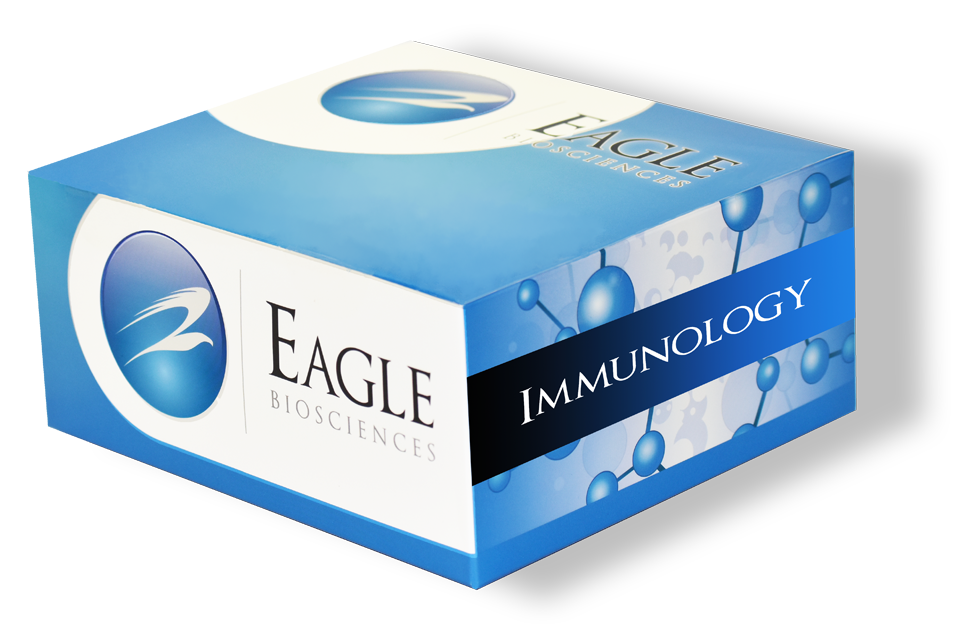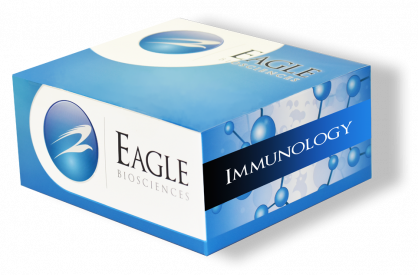Anti-dsDNA ELISA Assay Kit
Anti-dsDNA ELISA Assay Kit Developed and Manufactured by Medipan
Size: 1×96 wells
Sensitivity: 1 IU/mL
Dynamic Range: 1 – 300 IU/mL
Incubation Time: 2 hours 30 minutes
Sample Type: Serum, Plasma
Sample Size: 10 µL
Alternative Names: Double Stranded DNA
For Research Use Only
Assay Background
Systemic autoimmune diseases such as SLE are characterized by the appearance of a variety of autoantibodies directed against cell components of the nucleus or plasma. Although significance and pathological relevance of some autoantibodies are not completely revealed yet, the detection of autoantibodies is widely established and plays an important role in the diagnostics of systemic autoimmune diseases. SLE has an unknown etiology and is characterized by multiorgan pathology. SLE has a female
predominance. The onset of the disease occurs usually during childbearing age.
Antibodies to dsDNA are the hallmark for SLE diagnostics and are included in the diagnostic criteria of the American College of Rheumatology
for SLE
Assay Principle
Anti-dsDNA is an enzyme immunoassay for the quantitative determination of IgG antibodies to dsDNA. The antibodies of the calibrators, control and diluted patient samples react with dsDNA immobilized on the solid phase of microtiter plates. Highly purified dsDNA coated on the microtiter plate guarantees the specific binding of dsDNA IgG antibodies of the specimen under investigation. Following an incubation period of 60 min at room temperature (RT), unbound sample components are removed by a wash step. The bound IgG antibodies react specifically with anti-human-IgG conjugated to horseradish peroxidase (HRP). Within the incubation period of 30 min at RT, excessive conjugate is separated from the solid-phase immune complexes by the following wash step.
HRP converts the colorless substrate solution of 3,3’,5,5’-tetramethylbenzidine (TMB) added into a blue product. The enzyme reaction is stopped by dispensing an acidic solution into the wells after 15 min at room temperature turning the solution from
blue to yellow. The optical density (OD) of the solution at 450 nm is directly proportional to the amount of specific antibodies bound. The standard curve is established by plotting the antibody concentrations of the calibrators (x-axis) and their corresponding OD values (y-axis) measured. The antibody concentration of the specimen is directly read off the standard curve.
Alternatively, results can be calculated by a semi-quantitative method too using calibrator 2 as cut-off calibrator.


